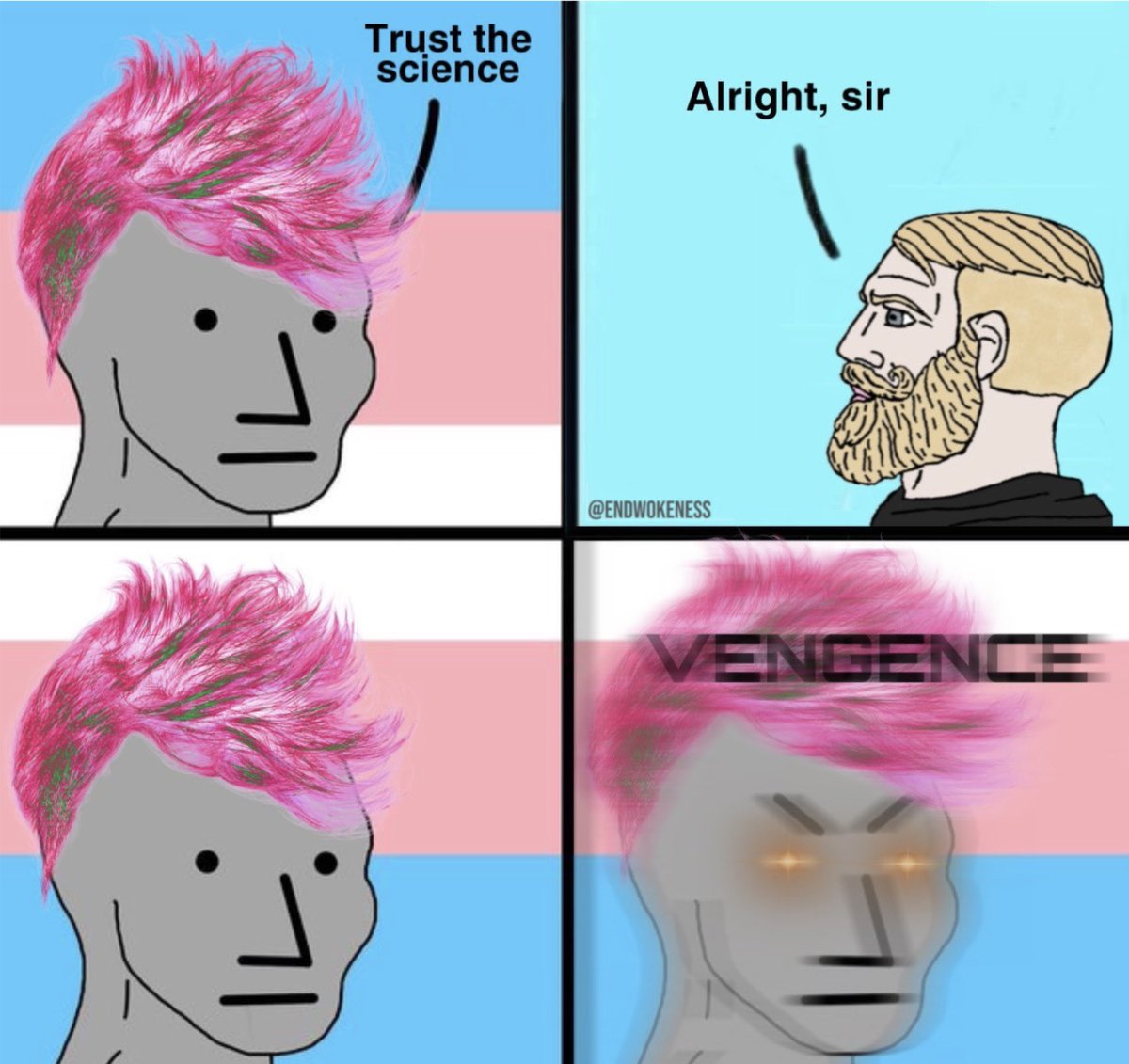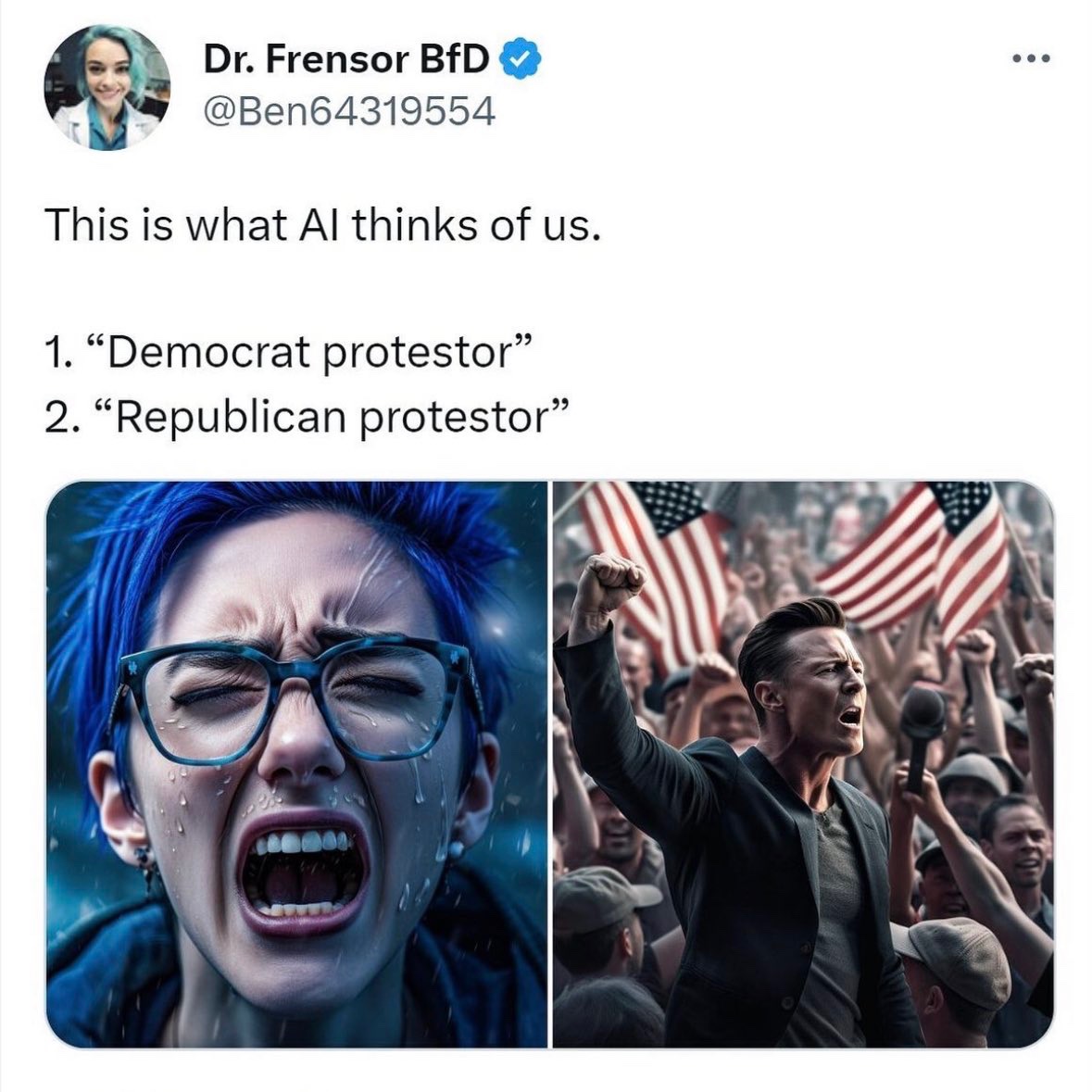It's really something, isn't it, how quickly conversations can shift on social places like Twitter, or what's now called X. There was a time, not too long ago, when many people, particularly some with certain political leanings, would talk endlessly about these platforms being a sort of town square for open discussion. Then, it seems, things changed, and for those watching closely, it felt like a lot of that talk just... faded away, especially when new owners came in and started doing things differently. It makes you wonder, you know, what truly matters to folks when the landscape changes so much.
This shift, arguably, brought some interesting dynamics to the surface. We saw how quickly certain groups, who once championed the idea of an open forum, seemed to lose interest in that very concept once the platform's direction moved in ways they perhaps didn't expect. It's almost as if the idea of a free-flowing digital meeting place was more about whose voices were amplified, or maybe whose messages were being heard, rather than the pure concept of open speech itself. You know, it really makes you think about how we perceive these online spaces.
So, it really does make you think about what we value in our online spaces. Is it truly about a wide range of opinions, or is it more about finding places where our own perspectives are mirrored back to us? This kind of reflection, honestly, helps us see how these platforms, and the various accounts on them, like the "endwokeness twitter" presence, shape the discussions we have every single day. It's a pretty interesting thing to observe, as a matter of fact.
- Is Lucky Leaving Gh
- Kamala Harris Not Aspiring To Be Humble
- Gooch The Roach
- Cassius Kidston
- Disneyland Fight
- Observing the Digital Town Square - What Really Happened?
- Who is Behind "Endwokeness Twitter"?
- Algorithmic Echoes - What Do We See Online?
- Understanding Public Discourse - Is This Censorship?
- Cultural Shifts and Social Expression - What's Being Discussed?
- Perceptions of Region and Media - How Do Stereotypes Form?
- Historical Context and Modern Ideas - Where Do We Stand?
- A Recap of Our Thoughts
Observing the Digital Town Square - What Really Happened?
There's a curious thing that some people noticed when the leadership at Twitter, now known as X, changed hands. Before this shift, a number of individuals, especially those with certain political leanings, would often speak at length about how important these social platforms were as a kind of public discussion area. They'd talk about it as a place where everyone could share thoughts and ideas freely, a truly open space for dialogue. Yet, it seems that once a new person took charge, and things started to look a little different on the platform, a lot of that fervent talk about the "town square" just seemed to quiet down. It's almost as if the deep concern for this open space wasn't quite as strong when the platform began to operate in ways that perhaps weren't what they expected. This change in apparent interest, you know, tells anyone paying attention something pretty clear about priorities. It makes one wonder, honestly, what the actual driving force behind those earlier discussions truly was.
- Melissa Gilbert Brothers And Sisters
- Georgianne Walken Wedding
- Celebrity Weight Loss Before And After Without Surgery
- Devon Franklin Engaged
- Angel Reese Father
Who is Behind "Endwokeness Twitter"?
One particular account that comes up in conversations about these online shifts is "endwokeness twitter." There's a strong belief held by some that this specific account is, in fact, completely run by a government outside the country. This isn't just a casual guess; it's a firm statement that suggests a very deliberate operation. When you think about the kind of content this account puts out, and the way it seems to influence certain discussions, it does make you consider the possibility of such an origin. It's a pretty serious claim, you know, to say that a social media presence is entirely controlled by an outside nation. This kind of assertion, apparently, raises questions about the true nature of some of the voices we hear online, and whether they are genuinely what they seem to be. It’s an interesting thought to chew on, really, when you consider the sources of information we encounter every day.
Algorithmic Echoes - What Do We See Online?
It's quite something to consider how the platform's systems, what we call algorithms, decide what appears in our personal feeds. For one particular account, the content that Twitter, or X, served up by default was, apparently, quite something to witness. It was a very consistent stream of material, featuring accounts like "endwokeness twitter," alongside other well-known figures such as Tim Pool, Ted Cruz, and someone named Ian. Then, there was another instance where the feed for a different account was almost entirely filled with specific personalities. It included the "endwokeness twitter" account, along with Charlie Kirk, Matt Walsh, MTG, Lauren Boebert, and Trump Jr., among others. It was, you know, the typical figures associated with a particular viewpoint. This kind of consistent presentation, where the same voices are amplified over and over, really makes you think about how these digital systems shape our view of the world. It’s pretty much an echo chamber for some, it seems.
Understanding Public Discourse - Is This Censorship?
There are often spirited discussions about what constitutes censorship in our modern world, especially when it comes to social platforms. One point that comes up is about companies that decide to pull their advertisements from a platform like Twitter or X. Some people will say that when advertisers leave, it's a form of censorship, a way to silence certain voices. However, a different viewpoint suggests that companies choosing where to spend their money is simply a business decision. It's not, you know, the same as the government or a platform itself actively restricting someone's ability to speak. It’s a commercial choice, basically, not a limitation on expression. Similarly, when there's a temporary pause in the buying and selling of firearms, some might argue it's an infringement on rights. But, as a matter of fact, a brief stop in sales is quite different from actually taking away someone's firearms. These distinctions are pretty important when we talk about freedom of speech and personal liberties, you know, and what those words truly mean in practice.
Cultural Shifts and Social Expression - What's Being Discussed?
Conversations about how people present themselves, especially young people, sometimes come up. There's an observation about how some children appear to be wearing clothes often seen on girls, even if they are boys. For instance, it was noted that one older child does prefer to wear garments typically associated with women, but the other two, who are young males with longer hair, just look like they are in attire made for kids. This kind of observation, you know, reflects broader discussions about gender expression and how society views what is "traditional" in terms of clothing and appearance. It's a topic that often gets tied into the wider conversation around what some people refer to as "wokeness," and how these ideas manifest in everyday life. It’s kind of a big topic, really, with lots of different viewpoints and feelings involved. People tend to have pretty strong opinions on these sorts of things, as a matter of fact.
Perceptions of Region and Media - How Do Stereotypes Form?
There are some rather broad generalizations that people sometimes make about different regions and the folks who live there. For example, a common idea is that people from the southern parts of America are often not seen as particularly intelligent in any way. This observation goes on to suggest that these individuals simply watch a particular news channel while consuming a lot of beer quickly, and then believe something simply because it was shown on television. This kind of thinking, you know, paints a very simplified picture of a whole group of people. It’s pretty much a stereotype, honestly, that ignores the wide range of experiences and thoughts that exist within any large population. It also points to a perceived connection between media consumption habits and perceived intellectual capacity, which is, in a way, a bit of a sweeping statement about how people gather their information and form their beliefs. It’s a very common type of observation, though, to be honest.
Historical Context and Modern Ideas - Where Do We Stand?
It's interesting to consider historical facts when discussing modern social concepts. For instance, it's been noted that the first person formally acknowledged as having a gender identity different from their birth sex was in the 1700s. This individual, Chevalier d'Eon, was assigned male at birth, and apparently, referred to himself with male words for himself before things became clearer later in life. This historical detail, you know, shows that ideas about gender identity are not entirely new, but have roots stretching back centuries. It helps to provide a longer view on conversations that sometimes feel very recent or contemporary. When people talk about "wokeness" and changing social norms, looking back at historical figures like d'Eon can give a different perspective, showing that human experience with identity has always been quite varied. It's a pretty fascinating piece of history, as a matter of fact, that helps to ground some of these discussions in a broader timeline.
Another point that comes up in discussions about rights and protections is a ruling by the Supreme Court, specifically in the case of Plyler v. Doe. This ruling stated that even people without official residency papers are covered by safeguards under the Fourteenth Amendment's equal protection clause. This legal point, you know, has significant implications for how we think about rights and who is entitled to them within a society. It suggests that certain basic protections extend to a wider group of people than some might initially assume. This kind of legal precedent, honestly, shapes many of the conversations we have about social justice and fairness, and it's something that often gets brought up in online debates, especially those involving the concept of "endwokeness twitter" and related topics. It’s pretty much a foundational idea for many discussions.
A Recap of Our Thoughts
This discussion has touched on several observations about online behavior and social commentary. We looked at how some individuals' interest in the idea of a "digital town square" seemed to shift with changes in platform ownership. We also considered the assertion that the "endwokeness twitter" account might be operated by an outside government. The way social media algorithms shape what we see, leading to highly specific feeds, was also something we explored. We thought about the difference between businesses making choices about advertising and actual restrictions on speech, as well as the distinction between a temporary stop in sales and permanent confiscation of items. The piece also covered observations about how people dress and how those choices are sometimes viewed, along with broad generalizations about people from certain regions and their media consumption. Finally, we touched on historical facts related to gender identity and a Supreme Court ruling concerning constitutional protections for individuals without official residency papers. These are all elements, you know, that contribute to the ongoing conversations we see on platforms like Twitter or X.
- Melissa Gilbert Brothers And Sisters
- Larsa Pippen Kids
- Gypsy Rose Before And After Nose Job
- Michelle Yeoh Met Gala
- Blac Chyna Engaged


